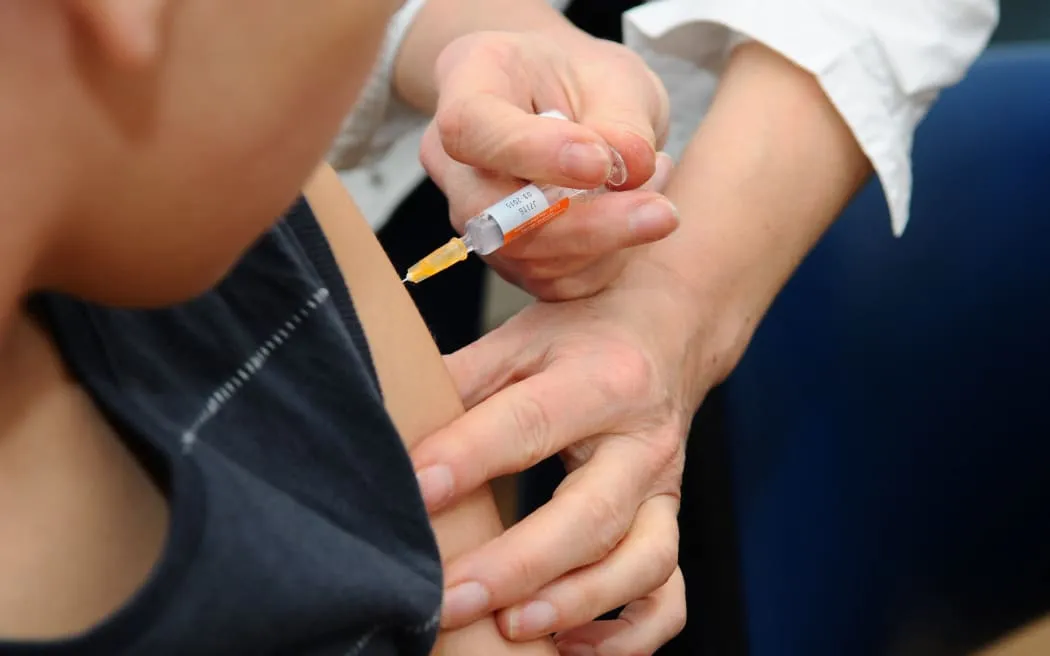# Whooping Cough Outbreaks in the Pacific: What You Need to Know
A recent outbreak of whooping cough in New Zealand has prompted border checks, while Samoa and American Samoa have also declared cases. Health officials are taking measures to prevent the spread of the disease.
## Background
The Cook Islands, New Zealand, Samoa, and American Samoa have all been affected by recent outbreaks of whooping cough. To combat the outbreak, health officials are implementing strict border controls.
In response to the outbreaks, flights from Auckland to Rarotonga remain full, with passengers advised to exercise extra caution when venturing out in public, particularly new mothers with newborn babies and vulnerable older adults. Health secretary Bob Williams stated that monitoring of symptomatic arrival passengers will commence this week by health officials at the border.
The National Coordination Team meets weekly to monitor the outbreak in NZ and Samoa with updates from the Polynesian Health Corridor Team. Similarly, American Samoa has also announced border checks, requiring passengers arriving in the territory who present with symptoms to be screened on arrival.
## Vaccination Efforts
Acting territorial epidemiologist Adam Konrote stated that the government is intensifying vaccination efforts to combat the outbreak. The threshold for American Samoa declaring an outbreak is one case.
In New Zealand, childhood vaccinations against whooping cough are required at ages six weeks, three months, and five months, with further boosters given at age 11 years (school year seven). Vaccination is free for pregnant people, while adults aged 45 (if they have not had four previous tetanus doses) and can get one free from age 65.
## Symptoms of Whooping Cough
Whooping cough causes breathing difficulties and severe coughing fits. The cough can last for weeks or months, making it sometimes called the “100-day cough.” People are most infectious in the early stages, with symptoms usually appearing around one week after infection.
Symptoms include:
* A blocked or runny nose
* Sneezing
* A mild fever
* Uncontrollable coughing fits that last for a few minutes
* Coughing that leads to vomiting
* A thick mucus that can make you vomit or choke
In severe cases, young babies may gasp for air and briefly stop breathing, turning blue during coughing spells.
## Conclusion
Whooping cough outbreaks in the Pacific have prompted health officials to take drastic measures. By understanding the risks and taking preventative steps, individuals can help prevent the spread of this highly infectious disease.
Stay informed about COVID-19 updates and read more on RNZ News at https://www.rnz.co.nz/.

0 Comments